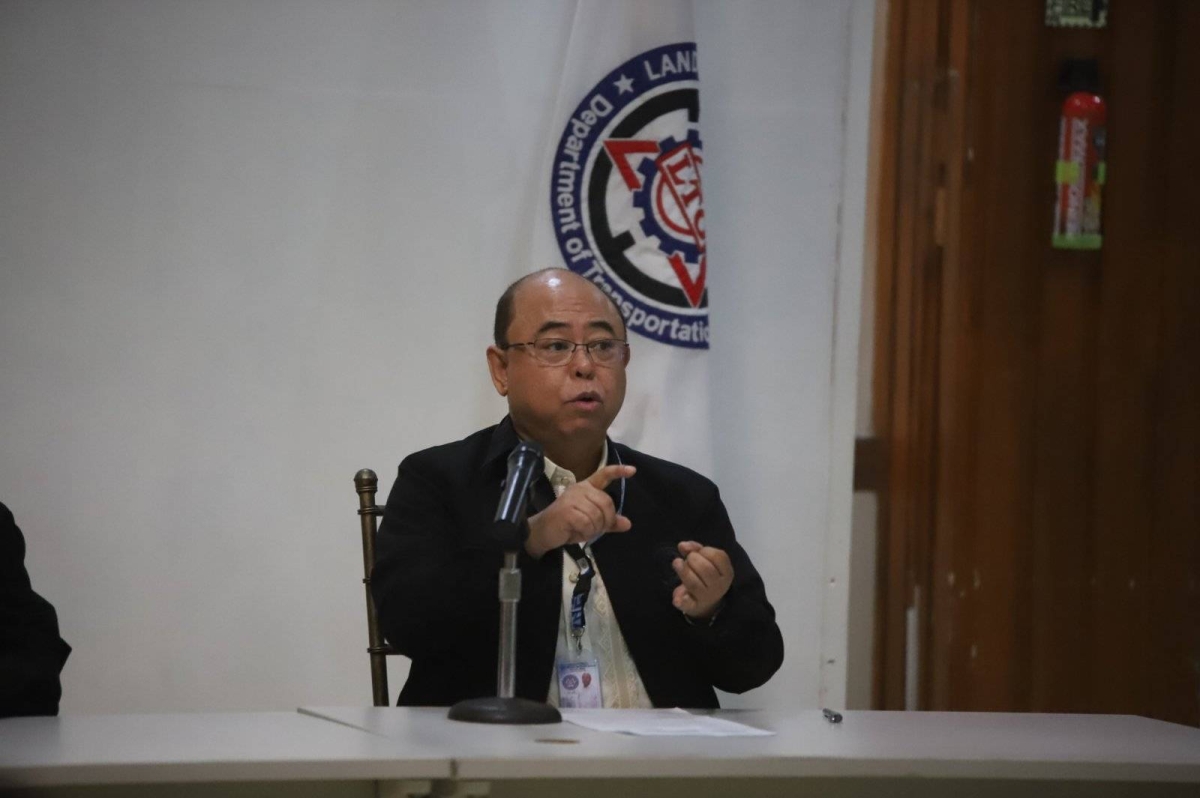The Land Transportation Office (LTO) and the Philippine Coast Guard (PCG) have recently collaborated to enforce the “no registration, no travel” policy, targeting both private and public utility vehicles (PUVs) that are operating without proper registration.
In a statement released on Tuesday, LTO Chief Vigor Mendoza 2nd expressed his confidence in reaching their target with the implementation of strategic plans resulting from a meeting with PCG officials. Mendoza emphasized the importance of hard work, strategic planning, and the dedication to road safety exhibited by LTO personnel.
The participation of the PCG in this joint effort is based on the directive of Transportation Secretary Jaime Bautista. Mendoza highlighted that approximately 30 percent of the daily income of registered PUV operators and drivers is being lost to unregistered or “colorum” PUVs. Recognizing the significance of this issue, the LTO has been strengthening coordination and interoperability with the PCG and other law enforcement agencies to combat the presence of these unregistered vehicles.
Since the beginning of the year, the joint government effort on the “no registration, no travel” policy has led to the apprehension of 182,458 motor vehicles. Out of this total, 48,714 are four-wheeled vehicles, while 133,744 are motorcycles. Additionally, during the same period, 1,966 vehicles were impounded, comprising 1,735 motorcycles and 231 four-wheeled vehicles.
Mendoza personally oversees both the law enforcement operations and the information drive related to this policy. He commended the officials and personnel involved for the positive results achieved thus far. Encouraged by these figures, Mendoza believes that more delinquent motor vehicles will be registered in the coming days.
The strict implementation of the “no registration, no travel” policy is deemed necessary to compel the remaining delinquent motor vehicle owners to comply with the annual vehicle registration requirement set by the LTO. According to LTO data, there are approximately 24 million motor vehicles nationwide with expired registrations. As part of the annual registration process, motor vehicles undergo a thorough examination to ensure their roadworthiness.
These 24 million unregistered and unchecked motor vehicles account for 60 percent of the total number of vehicles in the country. The magnitude of this issue highlights the importance of the joint efforts by the LTO and PCG to address the problem of unregistered vehicles on the roads.
It is crucial to understand that the “no registration, no travel” policy aims to promote road safety and ensure that all motor vehicles operating in the Philippines meet the necessary registration requirements. This policy not only protects the rights of registered vehicle owners but also contributes to the overall safety and efficiency of the transportation system.
By joining forces, the LTO and PCG are sending a clear message that unregistered vehicles will not be tolerated. The collaboration between these two agencies, along with other law enforcement bodies, demonstrates the government’s commitment to enforcing the law and ensuring the well-being of its citizens.
As the LTO and PCG continue their efforts to enforce the “no registration, no travel” policy, it is expected that more delinquent motor vehicle owners will come forward to comply with the annual vehicle registration requirement. This will not only contribute to road safety but also promote a culture of responsible vehicle ownership in the Philippines.
In conclusion, the collaboration between the LTO and PCG in implementing the “no registration, no travel” policy is a significant step towards addressing the issue of unregistered vehicles in the country. With their combined efforts, the government aims to promote road safety, protect the rights of registered vehicle owners, and ensure the overall efficiency of the transportation system.
Source: The Manila Times








